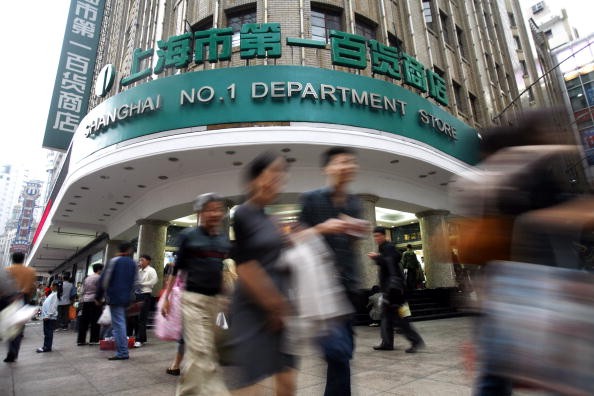Alibaba Group Holding's brick-and-mortar move is expected to strengthen its presence in the retail market and give Amazon a direct challenge in the market share.
Recently, the e-commerce giant announced a strategic partnership with Bailian Group, one of the largest retailers in the world in terms of store number, as part of efforts to seize a bigger share of the physical retail market, according to an article by www.andnowuknow.com.
Reuters said that the partnership would initially enable the two firms to cooperate on the supply chain technology using Alibaba's data resources which will be later integrated into Alipay online payment service and Bailian Group's existing membership program.
Alibaba had previously shown interest to break into the country's $4.8 trillion retail economy and make use of data-driven management tools for brick and mortar retailers and brands.
Meanwhile, Amazon had previously announced its venture into the physical retail stores.
Last year, the U.S. company introduced its Amazon Go retail concept, which will allow shoppers to take items from the shelf and pay using their mobile device before they exit the store.
Walmart, on the other hand, is moving closer to Alibaba as it acquired companies such as Jet.com and Moosejaw, in addition to its efforts to expand, streamline and integrate the store's online operations.
Bailian has 4,700 outlets in 200 cities which include convenience stores, supermarkets and pharmacies. It has more than double the number of stores of Suning, Sanjiang and Intime combined.
Aside from the partnership, Alibaba has acquired a $4.6 billion minority stake in appliances retailer Suning Commerce Group. It also led a $2.6 billion bid to acquire department store and shopping mall operator Intime Retail Group private after buying a stake in grocery chain Sanjiang Shopping Club.
China's e-commerce market is expected to grow at an average of 18 percent annually until 2020, Bain & Company, a consultancy firm, said. The firm added that brick-and-mortar sales account for about 84 percent of the total retail sales in the country.




























